Epistemic Modality, Language, and Conceptualization. A cognitive-pragmatic perspective.
The relationship between language and conceptualization remains one of the major puzzles in language research. This monograph addresses this issue by means of an in depth corpus based and experimental investigation of the major types of expressions of epistemic modality in Dutch, German and English. By adopting a systematic functional orientation, the book explains a whole range of peculiarities of epistemic expression forms (synchronically and diachronically), and it offers a clear perspective on which cognitive systems are needed to get from the concept of epistemic modality to its linguistic expression. On that basis the author postulates a sophisticated, layered view of human conceptualization. This book is of interest both to scholars working on modality and related semantic dimensions, and to the interdisciplinary field of researchers concerned with the cognitive systems involved in language use.
{{comment.content}}
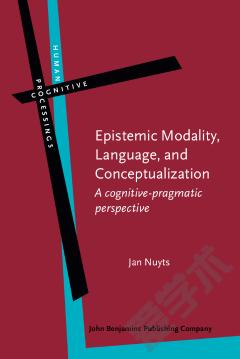
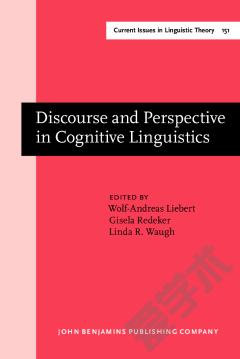

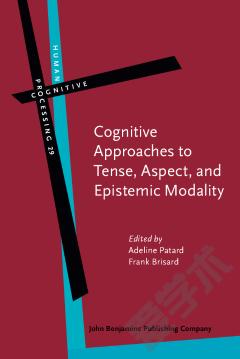
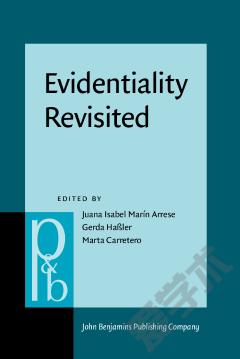

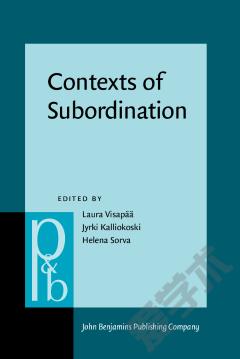

 京公网安备 11010802027623号
京公网安备 11010802027623号